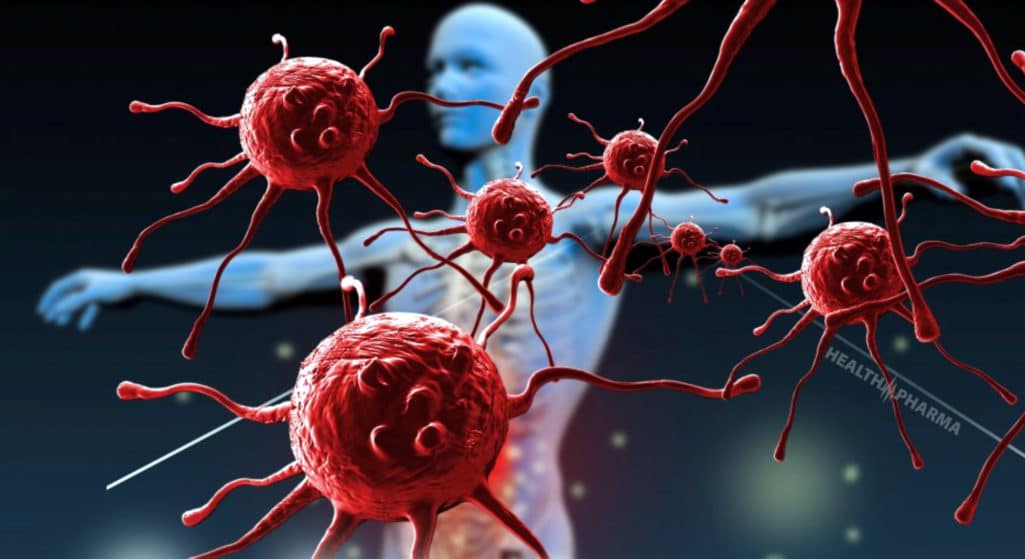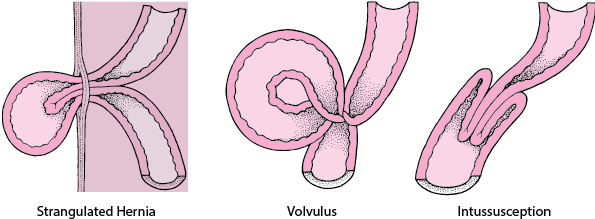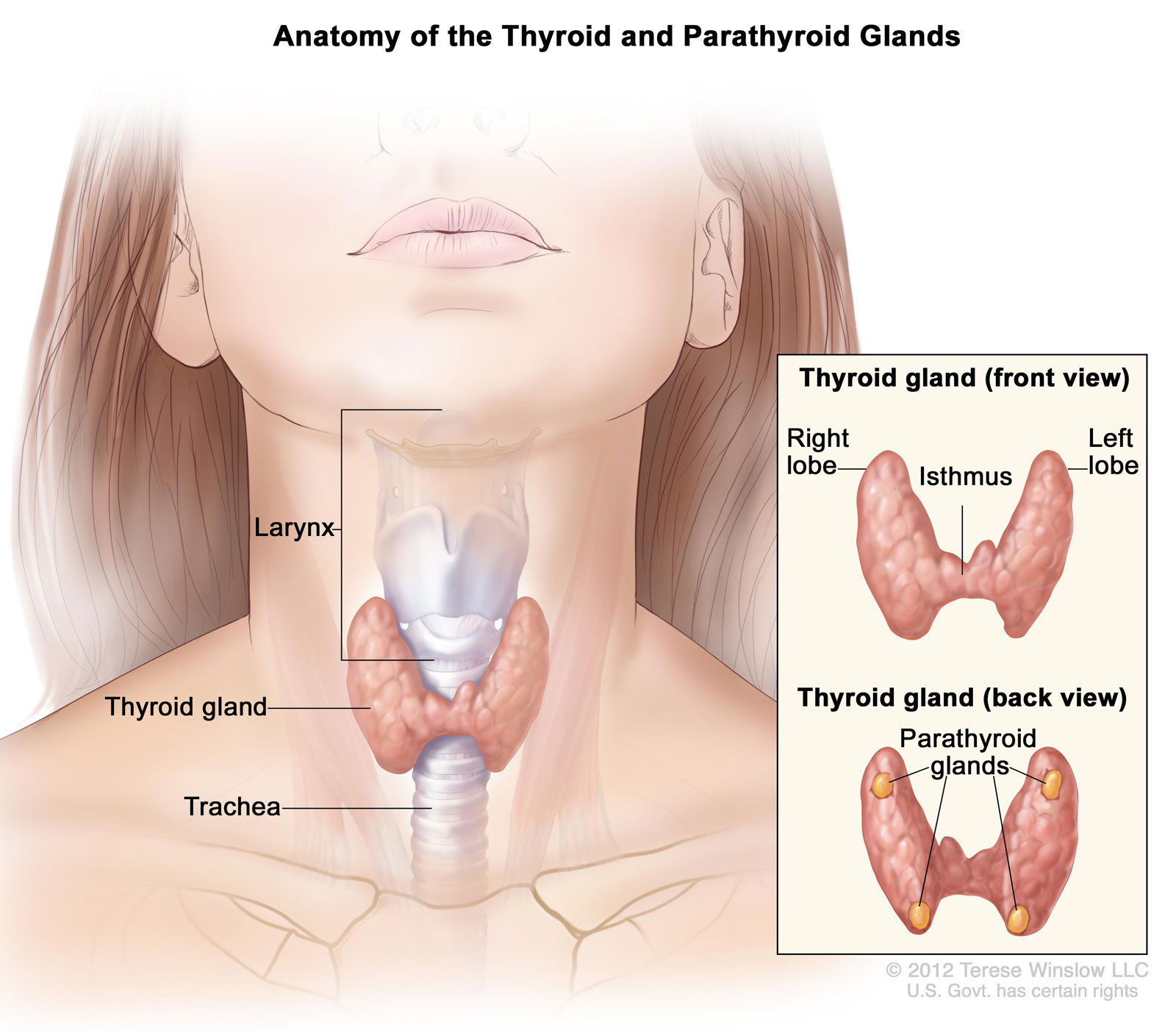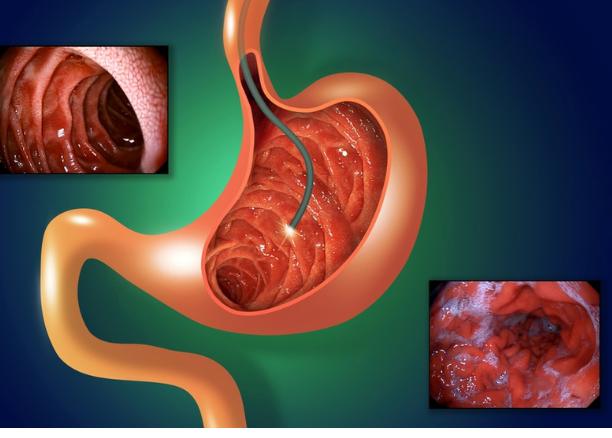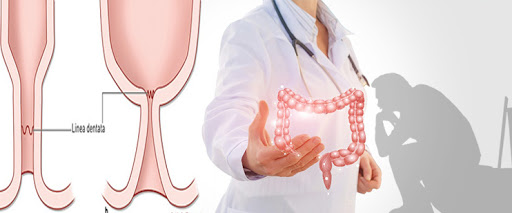
Anal Stenosis
Anal stenosis (anal stricture) is a rare condition. It is when the anus is abnormally narrow.
Symptoms include constipation, narrow stools, and pain during bowel movements.
Babies can be born with anal stenosis.
Adults often develop it after hemorrhoid surgery or if they have inflammatory bowel disease
The condition most often affects adults as a complication of surgery or chronic illness, but babies can also be born with narrow anuses (congenital anal stenosis).
Symptoms can be mild, moderate, or severe, but almost always include the inability to have a bowel movement. Most of the time, changing your diet and taking medication will relieve the symptoms. But if there is severe anal stenosis, surgery may be needed.
Incidence
Anal stenosis is rare, whether we are talking about adults or congenital (CAS), but researchers are still collecting data on its incidence.
Anal Stenosis – Symptoms and Causes
What are the symptoms
- Constipation is the predominant symptom for anyone with anal stenosis.
Other symptoms include:
- Diarrhea.
- Fecal incontinence.
- Incomplete bowel movements (feeling like you still need to have a bowel movement after using the toilet).
- Narrow bowel movements, such as stools that are only the width of a pencil.
- Pain during bowel movements.
- Bleeding from the rectum.
What causes anal stricture?
Anal stricture in adults occurs when scar tissue builds up in the anus, adding a layer of tough, inelastic fiber to the walls of the anus, causing it to become narrower.
Scar tissue can develop after medical treatment or surgery in or near the anus. It can also occur if a chronic (long-term) disease causes inflammation.
Studies show that 90% of cases of anal stricture involve scar tissue that builds up after hemorrhoid surgery.
Problems that can cause scar tissue to build up include:
- Anal sexually transmitted infections such as chlamydia, genital herpes, human papillomavirus (anal warts), syphilis, gonorrhea, hepatitis A, hepatitis B, and HIV.
- Inflammatory bowel disease.
- Excessive use of laxatives.
- Radiation therapy to treat anal cancer can cause scar tissue that leads to narrowing of the anus.
- Congenital anal stricture
Complications
Complications depend on the symptoms. For example:
With fecal incontinence, sores may appear around the anus.
With chronic constipation, fecal impaction.
Diagnosis and Tests
- Digital Rectal Examination.
- Proctoscopy.
Anal Stenosis – Treatment
Initial treatments include:
- Using stool softeners to help stool move more easily through a narrow anus.
- Changing your diet so that your daily meals include plenty of fluids and fiber.
- Sometimes, simply having a normal-sized bowel movement can naturally dilate the anus.
Other treatments:
- Dietary changes
- Using laxatives
- Anal dilation.
Surgery
Surgeries may include:
Analplasty: This surgery repairs problems in the anus that prevent it from functioning properly.
Sphincterotomy: In this procedure, the surgeon cuts the internal sphincter muscle to relieve tension in the anus.
Outlook / Prognosis
Treatment will likely help the anus return to its normal size and relieve the symptoms
Unfortunately, anal stenosis often affects people with lifelong inflammatory bowel disease (IBD).






